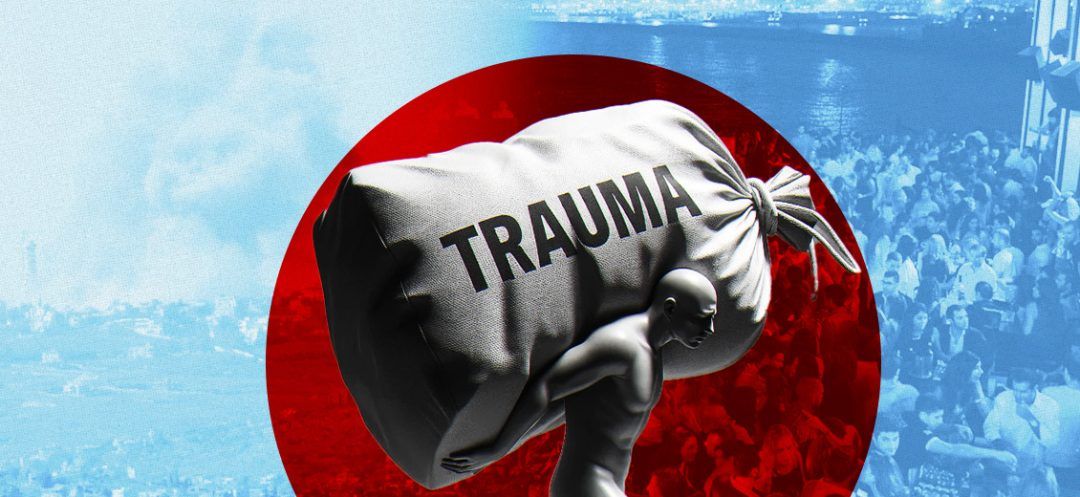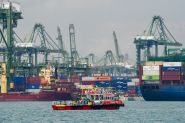
There is no way out for the Lebanese people amidst this fragmentation. We are confronted each day with a myriad of contradictions and concerns, to the extent that even the sound barrier evokes terror and fear. Nightlife and celebrations serve as forms of masked denial, to which Lebanese people resort to entertain themselves and forget their reality.
Meanwhile, the airport is experiencing an unusually high level of congestion in both arrivals and departures. Expatriates are scrambling to return before their scheduled travel dates, anxious about the potential worsening of the situation. On the other hand, Lebanese citizens are hastening their return to Lebanon to avoid the worsening crisis and the potential closure of the airport, which could compel them to stay abroad.
All these issues reflect the daily concerns people face about a possible Israeli war against Lebanon, especially in light of last week’s significant military breach — the assassination of a prominent Hezbollah leader in the Beirut southern suburbs — and that of Ismail Haniyeh in Iran.
At the same time, many are wondering when Lebanese people last experienced a period of genuine safety, free from the constant anxiety about what might happen next. Lebanese trauma has intensified over the years, from before independence to the present, with each year almost inevitably marked by a new crisis or a disheartening development in some aspect of the country. And if the outcome isn’t war, small battles or skirmishes, or assassinations, the reality remains sad due to various tragedies we endure, such as building collapses, expatriate hardships, or sporadic crimes.
We have grown accustomed to living in a perpetual state of trauma or successive shocks, a condition unmatched even in continuous warfare. Thunder now echoes the Beirut explosion, the passing of a truck recalls the ominous earthquake, and the sound barrier stirs memories of Israeli bombings.
It is clear that anticipating what might happen is often worse than the event itself, as the fear of the unknown often instills more dread than reality.
We are in a state of anticipation that could extend for a long time. Should we enter a war of attrition, marked by retaliations, counter-retaliations, assassinations of leaders, and targeting of facilities, the cycle of revenge will be lengthy and irrational.
And even if the crises are resolved, the worrisome situation will persist as long as we continually wonder when the next war will start and whether there will be an Israeli strike.
Trauma is not confined to the current situation. It is the result of the accumulated challenges Lebanon experiences due to its geographical curse and location, which place the country continuously at the center of the storm.
We are a country destined to endure ongoing wars, constantly grappling with crises, shocks, and fears. Succumbing to these challenges would define us by generations of destructive warfare, but overcoming them allows us to survive, cling to life, and present a vision of joy and prosperity to the world watching us.
It is a state of denial, yet it is also an affirmation of life.
Read more



Comments